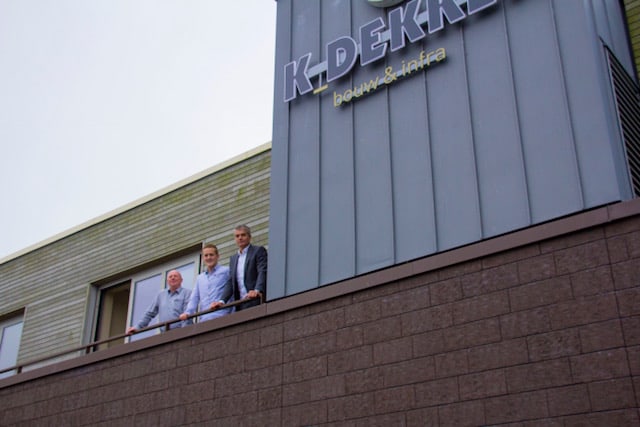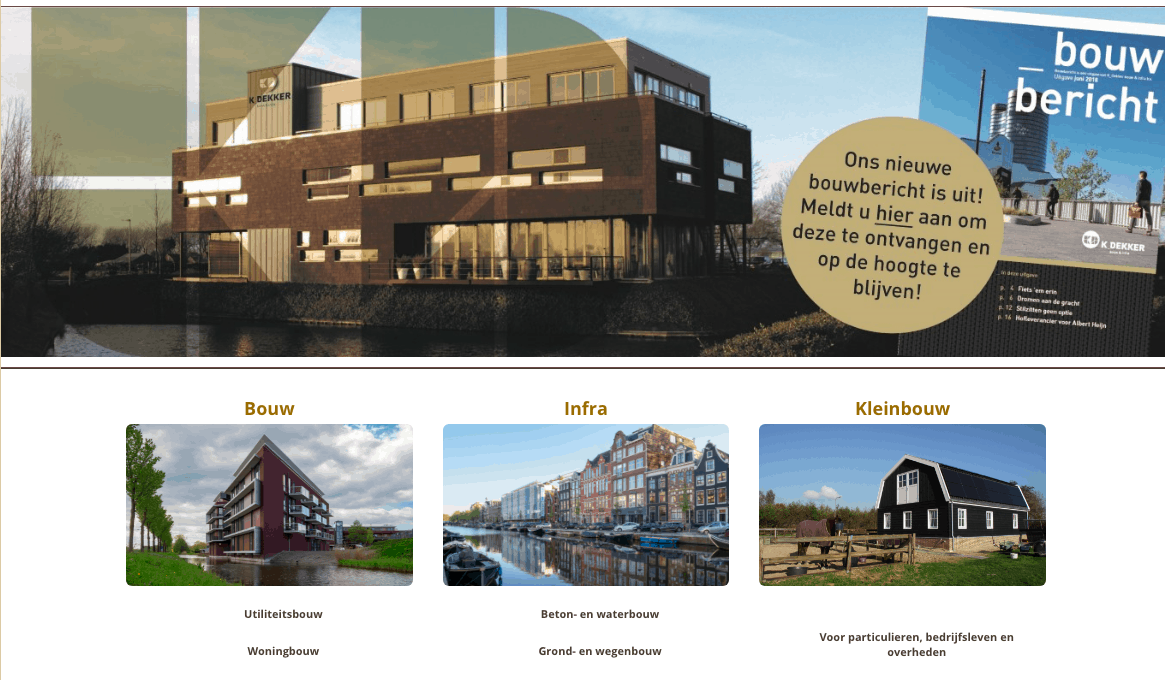The crisis had significant repercussions for SMEs in the construction sector. Many companies struggled to stay afloat. However, K_Dekker managed to weather the storm, largely due to the new strategic direction the company adopted. "We decided to focus more on design and the construction world," explains director Ron Oudeman. "This requires a different, more highly educated workforce. Instead of laying off everyone and hiring new people, we wanted to explore how we could get more out of our current employees."
PLAN A FREE TMA TALENT EXPERIENCE!
Method
Instruments
TMA Talent Assessment
Deep understanding of talents, motivation and competencies
TMA Career Advice
Non-judgmental and provides full insight into the best career opportunities
TMA Teambuilding
The Complete Guide to Team Building
360 Degree Feedback
TMA 360 degree feedback, a dialogue about behavior and skills
Cognitive Capability Assessments
Test the ability to learn and speed to apply new knowledge
Solutions
Apps
Talent MNGT
Materials
Certification
CasesMenu
- InstrumentsTMA Talent AssessmentDeep understanding of talents, motivation and competenciesTMA Career AdviceNon-judgmental and provides full insight into the best career opportunitiesTMA TeambuildingThe Complete Guide to Team Building360 Degree FeedbackTMA 360 degree feedback, a dialogue about behavior and skillsCognitive Capability AssessmentsTest the ability to learn and speed to apply new knowledge
- Cases


